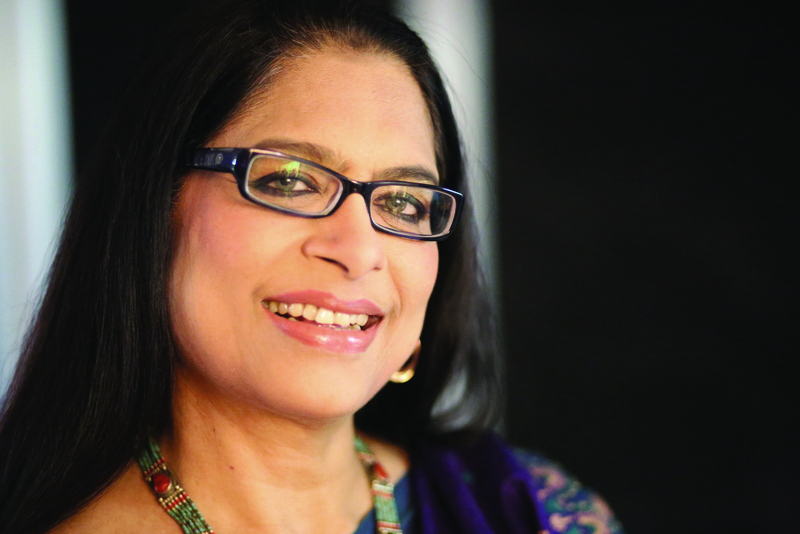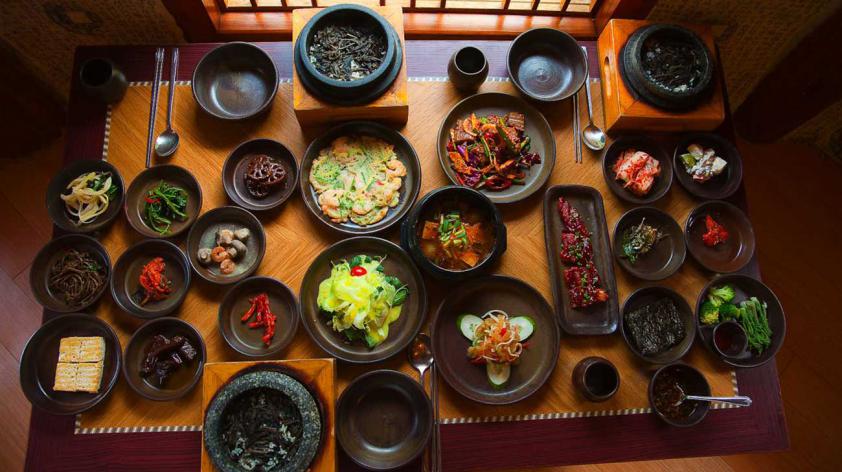It was the time between July 1964 to April 1965
This was the ten-month time slot between Hindu-Muslim riot of January ‘64 and the India-Pakistan war in August ’65.
We moved to this rented flat with Boro chacha’s family in July 1964 and then again moved to our new home in Dhanmondi in April 1965.
The riot of ’64 was a very traumatic experience for me. We, the two sisters four years apart would not let our parents out of our sights. The trauma of the news of the riots coupled with an incident of a thief entering our house and being caught by my mother in the pitch darkness of the hallway was very shocking indeed. I was wrought with the images of people with the slit throat in the riot, and that of the imagined thief whose oiled body slipped out of my mother’s grasp. However, as much as the memory remains today, I did not carry the trauma of the early months of ’64 with me to the new place at Central Road. We moved into that house in July that year. The new things happenings, the new habits of living with another family, took over my all senses, and I had little time to worry about things that happened four months back.
I understand during this period, ie, in the early months of ’65 — it was declared by law in the United States that smoking was injurious to health. That news didn’t affect my father a wee bit. He had a non-filtered cigarette between his forefinger and middle finger almost at all waking hours of a day.
India-Pakistan war broke out in September of ’65. As a child who turned ten (a double digit), I hardly remember the tensions that preceded the war. I dearly remember though the marriage of my uncle who lived in Glasgow to my aunt who lived in Dhaka. She also happened to be my class teacher that year in ’64. The arranged marriage was solemnized over the phone (trunk call as it was called in those days). It was a Muslim wedding. And in sharia terms the witness and the Qazi took the consent of the bride and the bridegroom and thereon the contract between the two individuals was signed. The entire proceeding of the marriage was an absolute thrill. Amma made me a very smart dress of red taffeta that I wore at the marriage ceremony. Soon after the ceremony, my aunt was sent off to Glasgow to meet her new husband. I do not recollect why my uncle did not come down to East Pakistan. In those days it was considered a luxury to make frequent trips across the ocean by air. It was only four years that he left for the distant shores to pursue higher studies. Or maybe it was the impending war which made the elders decide that it was best that the bride flies to England.

